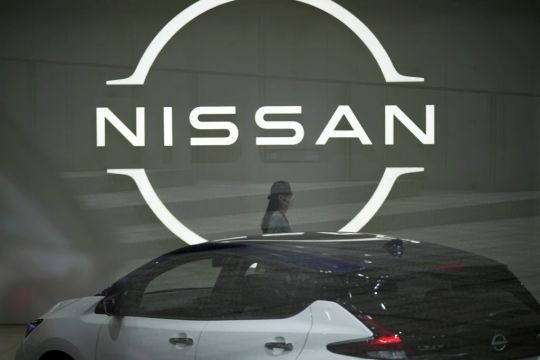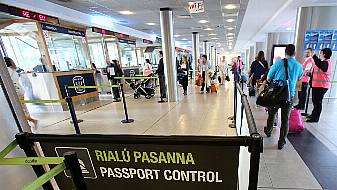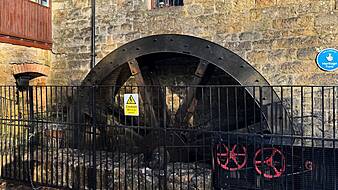Nissan has reported a 55 per cent jump in October-December profit as the Japanese carmaker seeks to embark on a smoother journey with its French alliance partner Renault.
Profit for the quarter at Yokohama-based Nissan totalled 50.6 billion yen (€359 million), up from 32.7 billion yen (€232 million) the previous year.
Quarterly sales surged 29 per cent to 2.8 trillion yen (€128 billion) as a shortage of computer chips which has battered the world’s carmakers gradually eased, Nissan said.
The crunch was caused by Covid-19-related lockdowns and other restrictions, which hindered Nissan’s ability to deliver vehicles to customers.
Some buyers were waiting for a year for their Z sports car or Ariya sport utility vehicle, said chief operating officer Ashwani Gupta.
“We really don’t want our customers to wait this long,” he told reporters.
The rising cost of raw materials, inflation pressures and volatile currency exchange rates have added to the risks for the car industry, including Nissan.
Nissan, which makes the Leaf electric car and Infiniti luxury models, now expects to sell 8% fewer vehicles for the full fiscal year through March than previously projected, at 3.4 million vehicles, because of the semiconductor supply shortages and the impact from the spread of coronavirus infections in China.
Chief executive Makoto Uchida acknowledged the quarter was extremely challenging, while expressing optimism for the future.
“The new models we introduced in each market have been very well received by customers,” he said.
Earlier this week, Nissan, with Renault and smaller Japanese carmaker Mitsubishi, announced how they are redefining their mutual relationship.
The boards of both companies approved equalising the stake each holds in the other to 15 per cent, bringing a better balance to the alliance, according to an announcement in London.
Renault, in which the government of France is the top shareholder, has owned 43.4 per cent of Nissan, while Nissan owned 15 per cent of Renault.
The firms also vowed to co-operate in markets worldwide, including India and Latin America, while Nissan said it will invest up to 15 per cent in Ampere, Renault’s electric vehicle and software entity in Europe.
Nissan has been eager to put behind it the 2018 arrest of Carlos Ghosn, a once-superstar executive who was sent in by Renault to save Nissan from bankruptcy in 1999 and successfully turned it around.
Ghosn, who jumped bail and is now in Lebanon, says he is innocent of financial misconduct charges. The scandal has highlighted disgruntlement at Nissan over what was viewed by some as Ghosn’s grip on power and monetary privileges.







